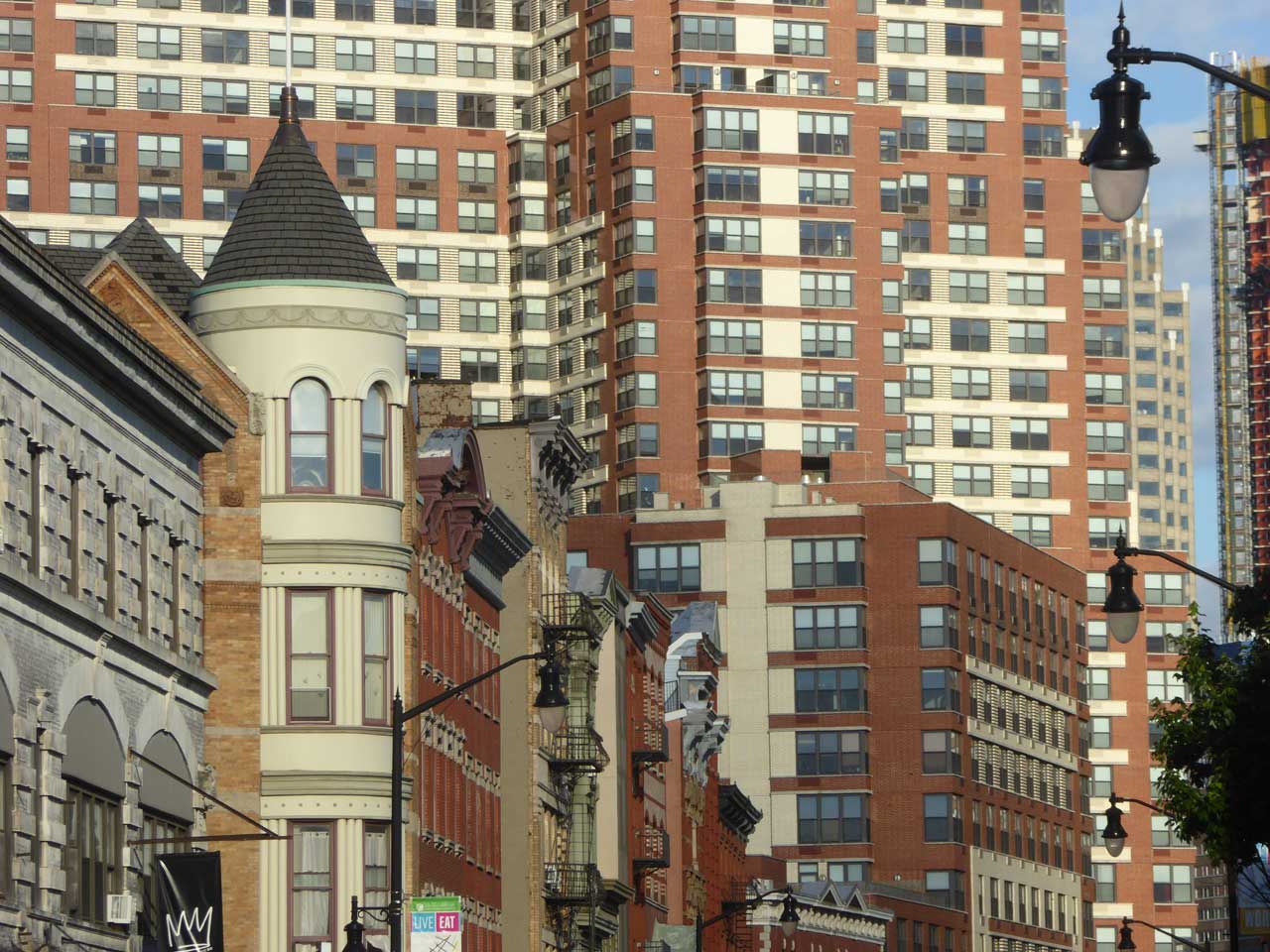
The battle to regulate short-term rentals in New Jersey’s second-largest city doesn’t appear to be dying down and if nothing changes by the start of the fall season, a ballot initiative will likely put the question to voters.
Earlier this year, Jersey City’s council put forth an ordinance that would severely limit a property owner’s ability to rent out a room or apartment via a short-term rental service such as Airbnb. A version of the legislation passed in June ended up being less strict but still places substantial restrictions on short-term rentals. It is scheduled to take effect on January 1 next year.
The final ordinance, co-sponsored by council members James Solomon and Mira Prinz-Arey, completely bans tenants from subletting their place as a short-term rental and caps short-term rentals at 60 days for property owners who are not on site. Short-term rentals won’t be allowed at any building containing four or more units, and existing short-term rental contracts will be phased out by January 1, 2021.
Property owners will be required to obtain a permit through the city’s Division of Housing Preservation under the ordinance and each permit is valid for one year and must be renewed annually. The legislation against short-term rentals was an about-face for Jersey City, who in 2015 became one of the first cities in the world to legalize Airbnb-style rentals.
Co-sponsors of the ordinance have argued that in addition to quality of life complaints, short-term rentals are making it difficult for residents to obtain permanent housing during a time of low vacancies throughout the city. But Airbnb and others have noted that the city has generated $4 million in revenue since 2015 from the hotel tax that’s applied to short-term rentals.
Airbnb says there are over 3,100 listings on their site located in Jersey City. “The vast majority of these listings are properties into which local residents have invested thousands or even millions of dollars to restore or maintain them,” the company said in a press release, also noting that the short-term rental community in Jersey City welcomed 181,000 guests last year.
Airbnb says their records show Jersey City’s property owners made a total of $32 million last year by sharing their spaces through short-term rentals. It’s that community that has risen up to challenge the newly passed ordinance, as Pix 11 reported that a petition with 20,000 signatures was dropped off at City Hall last week in support of repealing the measure.
Any petition looking to overturn an ordinance in Jersey City needs more than 6,700 signatures to be considered, or about equal to 15% of ballots cast in the 2017 municipal election. Councilman James Solomon, one of the ordinance’s co-sponsors, says that he has no intentions of repealing the ordinance.
“I’m confident that a lot of people have seen negative effects when the house next door to them has sort of turned into a party rental,” Solomon told the Jersey Journal. “People have seen negative impacts by these investors and sort of corporate people coming in buying up huge chunks of property and turning them to Airbnbs and basically, unstaffed hotels and neighborhoods taking away apartments from long-term renters.”
If the ordinance stays on the books and enough of the signatures on the petition are deemed legitimate, a public question on the ordinance would be placed on the ballot during November’s election. There were two efforts in California involving petitions last year that caused anti-Airbnb efforts to be overturned. An ordinance to curb short-term rentals in San Diego led to a referendum that caused that city’s council to repeal the regulations. In Palm Springs, signatures on a petition led to a ballot question on restricting short-term rentals getting defeated by 70 percent of voters.
Short-term rentals remain legal in Jersey City for now and they appear to be more popular than ever with travelers. Airbnb says Jersey City welcomed approximately 6,300 short-term guests over the July 4th weekend, which was up from 4,300 guests during the same time last year.
Related:
- Jersey City Could Severely Limit Airbnb Rentals
- Is Renting Your Place Through Airbnb Legal?
- Developer Buys Jersey City Unleashed Site, Plans High-Rise
- Could a New Rooftop Restaurant Come to Downtown Jersey City?


